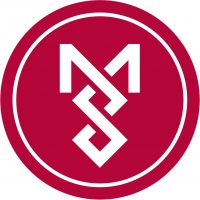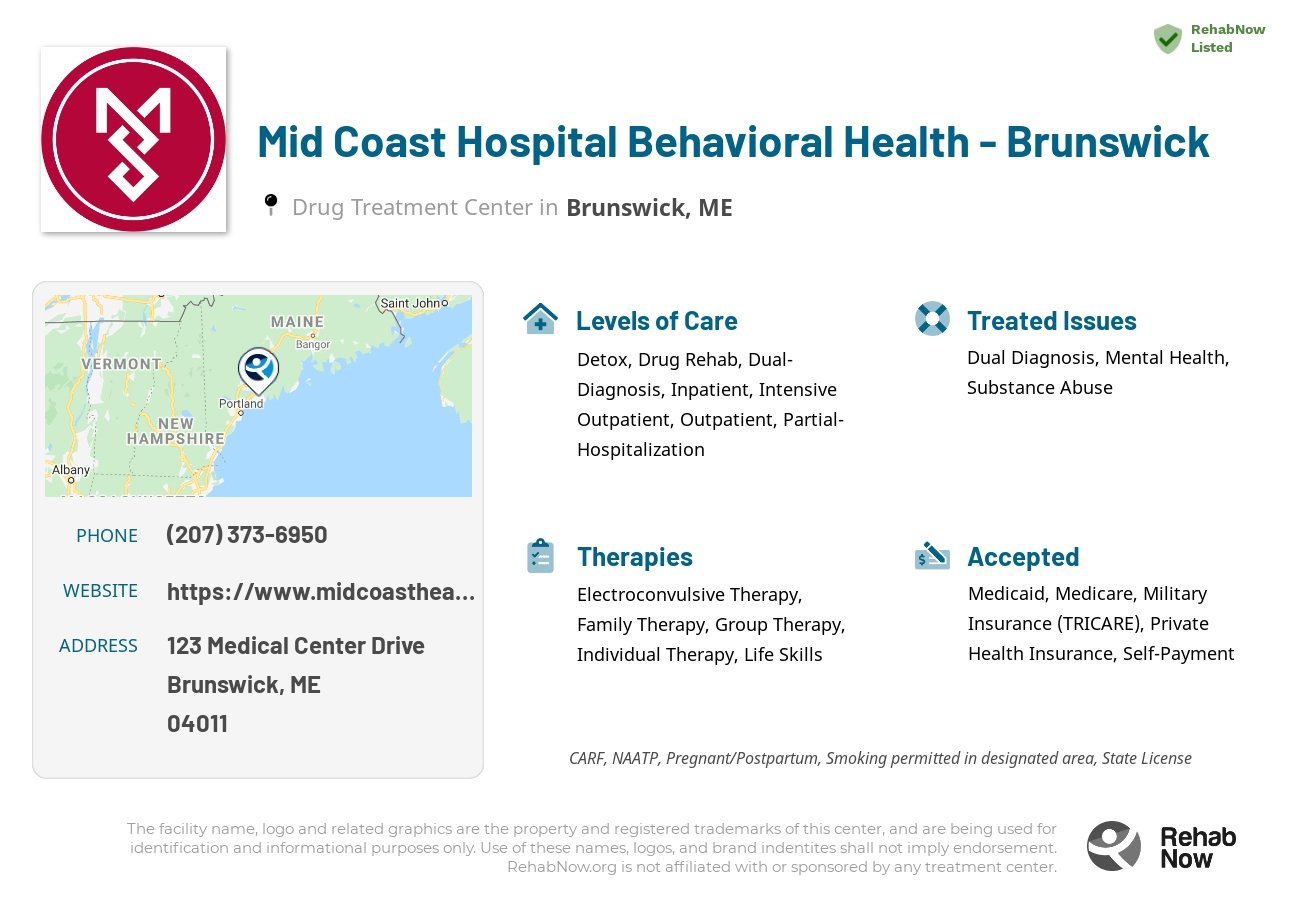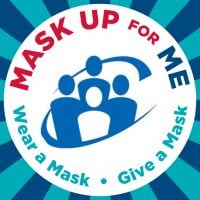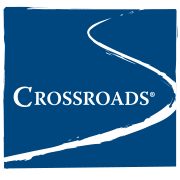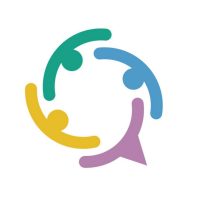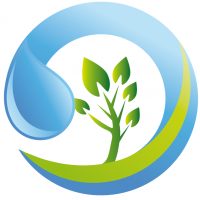Mid Coast Hospital Behavioral Health - Brunswick
Drug Rehab Center in Brunswick, Maine
Mid Coast Hospital Behavioral Health - Brunswick is a comprehensive rehabilitation center that provides addiction treatment and mental health support, featuring detoxification, rehabilitation, dual-diagnosis, intensive outpatient, and outpatient programs run by experienced professionals. It accepts private health insurance, which makes their services more accessible to those in Maine.
About This Maine Facility
Mid Coast Hospital Behavioral Health - Brunswick is a substance abuse and mental health treatment facility located in Brunswick, Maine. With a focus on helping individuals suffering from addiction and dual diagnosis, this facility offers a range of services to support individuals on their journey to sobriety. They provide detoxification, inpatient, outpatient, and intensive outpatient programs, as well as partial-hospitalization levels of care. Accepting private health insurance, Mid Coast Hospital Behavioral Health - Brunswick is affiliated with the Mid Coast Hospital Addiction Resource Center, ensuring accessible and comprehensive treatment options for those in need.
Mid Coast Hospital Behavioral Health - Brunswick offers a variety of treatment methods and services for individuals struggling with addiction and substance abuse. Their programs include detoxification to safely manage withdrawal symptoms, followed by inpatient and outpatient options tailored to the individual's needs. Through intensive outpatient programs and partial-hospitalization levels of care, individuals receive ongoing support while maintaining their daily responsibilities. Treatment methods at Mid Coast Hospital Behavioral Health - Brunswick may include individual therapy, group therapy, family therapy, medication management, and holistic approaches to address both the physical and emotional aspects of addiction recovery. With a focus on providing comprehensive care, this facility aims to support individuals in achieving long-term sobriety and improving their overall well-being.
Genders
Ages
Modality
Additional
Conditions and Issues Treated
People who abuse drugs are likely to suffer from an addiction, which can cause serious health problems. When it comes to helping drug abusers get sober, there are many options to choose from. It is essential to state that there is no “”correct”” way of doing things. People are different, and they need different types of help to get over their addiction.
Dual Diagnosis refers to someone who is both dealing with addiction and another mental health issue.
There are different kinds of Dual Diagnosis: A person who simultaneously experiences both a mental illness and an addiction disorder. Or, a person who experiences one or more coexisting (simultaneous) mental health conditions in addition to a primary substance use disorder.
Some conditions that commonly co-occur with addiction include:
- Personality Disorders (Borderline, Narcissistic)
- Mood Disorders (Bipolar Disorder, Depression, Anxiety Disorder)
- PTSD (Post Traumatic Stress Disorder), OCD (Obsessive Compulsive Disorder), ADHD (Attention Deficit Hyperactivity Disorder)
- Schizophrenia, Psychosis, Hallucinations, Delusions
Levels of Care Offered at Mid Coast Hospital Behavioral Health - Brunswick
This center offers a variety of custom treatment tailored to individual recovery. Currently available are Detox, Drug Rehab, Dual-Diagnosis, Inpatient, Intensive Outpatient, Outpatient, Partial-Hospitalization, with additional therapies available as listed below.
An addict may have to go through alcohol or drug withdrawal. While detox may be uncomfortable, it is not life-threatening. Detoxification allows the addict to rid the body of all traces of drugs or alcohol and gives the addict a clean slate for their recovery. In an inpatient or outpatient setting, detox can be managed medically.
Individuals who are suffering from severe addiction or have a high risk for dangerous health concerns are often recommended to receive inpatient treatment.
Choosing to enter an inpatient treatment program is beneficial for people who are suffering from severe addiction, or who have a high risk for dangerous health concerns.
Inpatient treatment is beneficial for:
- People who have a history of severe withdrawal.
- People who have attempted to overcome addiction on their own without success.
- People who have a history of relapse, or have recently relapsed.
- People at risk for drug overdose or withdrawal-related complications.
- People with medical conditions that are worsened by drug or alcohol use.
Outpatient addiction treatment is beneficial for people who are able to function well in their day-to-day lives. It is recommended for people who are not yet ready to end their relationships with friends or family members who might be encouraging drug and alcohol use.
Intensive outpatient treatment is beneficial for:
- People who are able to attend treatment more than 3 times per week.
- People who do not meet the criteria for inpatient treatment.
- People who are able to contribute to their own recovery outside of the treatment center.
- People who are motivated towards recovery.
- People who are able to overcome addiction on their own without the need for higher levels of care.
Outpatient treatment programs provide drug and alcohol addiction treatment through individual sessions with a counselor, group therapy, 12-step meetings, and other activities to help individuals gain sober living skills. Most programs are designed for those individuals who have completed a medically supervised detoxification program and provide opportunities for clients to begin the process of early recovery.
Outpatient programs also offer a level of medical support as needed and psychological backing through therapy. Clients are encouraged to live at home, though there may be some flexibility regarding this requirement based on the circumstances and needs of each patient.
Outpatient treatment is perhaps the most common type of dual diagnosis program available. It does not pose a significant financial burden on patients. However, it is essential to note that outpatient treatment does not provide the support and supervision given in residential programs. Some addicts may need this level of support to maintain their sobriety.
Partial Hospitalization Program, or PHP, is a type of drug addiction rehabilitation in the patient’s home. Patients often have to come into Mid Coast Hospital Behavioral Health - Brunswick for treatment on weekday evenings and weekends. They must also attend an intensive outpatient program at least 9 hours per week while attending PHP. The patient will meet with a counselor or therapist to help them work through their addiction issues. This type of treatment is used for patients who can go out among society but are at risk of relapsing due to continued exposure to drugs or alcohol.
Therapies & Programs
Therapy sessions focused on the individual addict can provide much-needed guidance as they work toward overcoming their addiction. These types of sessions typically involve guidance from a therapist, who will help addicts identify and process their feelings and cravings.
During these sessions, addicts may develop plans for coping with the triggers that typically lead to relapse and learn how to avoid those triggers during their recovery process.
The main goal of family therapy for drug addiction is to create an environment where communication can occur without judgment, hostility, or blame that often occurs within a family.
Family therapy is a type of group problem-solving that aims to improve communication and relationships between the patient, their family, and sometimes friends. The therapist is with the family as they learn to communicate with each other differently, especially with the addict when s/he is using.
The family can learn to reduce their enabling behavior or rally together and support each other during tough times. The patient also learns how to deal with their addiction and maintain sobriety while interacting with the family.
Different types of addiction treatment services are available. Within this article, group therapy is of interest due to its high success rate compared to individual therapy. Group therapy settings are beneficial because they allow recovering addicts to build a strong support network.
Benefits of group therapy are:
- Reduces feelings of isolation
- Immediate access to social support in the form of fellow addicts in recovery
- Lowers risk of relapse
- Increases rate of sobriety
- Builds coping skills that can be applied to everyday life
Those struggling with addiction in Maine can benefit from learning certain life skills. It is not as simple as quitting drinking or taking drugs and thinking that the hard part is over. Being sober means living a whole new way of life. Many recovering addicts have found that they need to develop talents like time management, organization, communication skills, socialization skills, and self-esteem to make their life in sobriety work.
Drug and alcohol addiction can lead to a breakdown in life skills. Learning certain life skills can help those who are struggling with addiction. Life skills training at Mid Coast Hospital Behavioral Health - Brunswick in Brunswick, ME teaches patients skills such as time management, budgeting, and social abilities to improve their quality of life and prevent relapse.
An addict’s life skills are maladaptive, meaning they are counterproductive. An addict may have learned poor time management skills growing up, have a hard time budgeting money, or be socially awkward. An addict’s poor life skills can lead to relapse and the inability to achieve long-term sobriety. Life skills training teaches patients effective coping mechanisms, which can help them live a clean and sober life.
Payment Options Accepted
For specific insurance or payment methods please contact us.
Is your insurance accepted?
Ask an expert, call (888) 674-0062
Mid Coast Hospital Addiction Resource Center Associated Centers
Discover treatment facilities under the same provider.
- Mid Coast Hospital Addiction Resource Center - Brunswick in Brunswick, ME
- Mid Coast Hospital Addiction Resource Center - Damariscotta in Damariscotta, ME
Learn More About Mid Coast Hospital Addiction Resource Center Centers
Additional Details
Specifics, location, and helpful extra information.
Brunswick, Maine 4011 Phone Number(207) 373-6950 Meta DetailsUpdated November 25, 2023
Staff Verified
Patient Reviews
There are no reviews yet. Be the first one to write one.
Brunswick, Maine Addiction Information
Prescription opioid abuse is the most common form of substance abuse in Maine. More than 10% of these residents have also admitted to using prescription drugs for non-medical purposes. Between 2013 and 2014, 4 out of every 5 deaths in Maine were caused by illicit drugs. One in five high school students in Maine uses marijuana every single month.
There are about 600 reported incidents of drug-related problems every year in Brunswick, Maine. 15% of people in Brunswick have a substance abuse problem at some point in their lifetime. The most abused drug in Brunswick is Oxycontin followed by hydrocodone and Valium. There are various drug treatment programs in Brunswick, Maine, treatment includes outpatient treatment and Inpatient treatment along with therapies and counseling.
Treatment in Nearby Cities
- Bath, ME (3.5 mi.)
- Oakland, ME (44.6 mi.)
- Houlton, ME (183.4 mi.)
- Damariscotta, ME (20.5 mi.)
- Princeton, ME (146.1 mi.)
Centers near Mid Coast Hospital Behavioral Health - Brunswick
The facility name, logo and brand are the property and registered trademarks of Mid Coast Hospital Behavioral Health - Brunswick, and are being used for identification and informational purposes only. Use of these names, logos and brands shall not imply endorsement. RehabNow.org is not affiliated with or sponsored by Mid Coast Hospital Behavioral Health - Brunswick.
